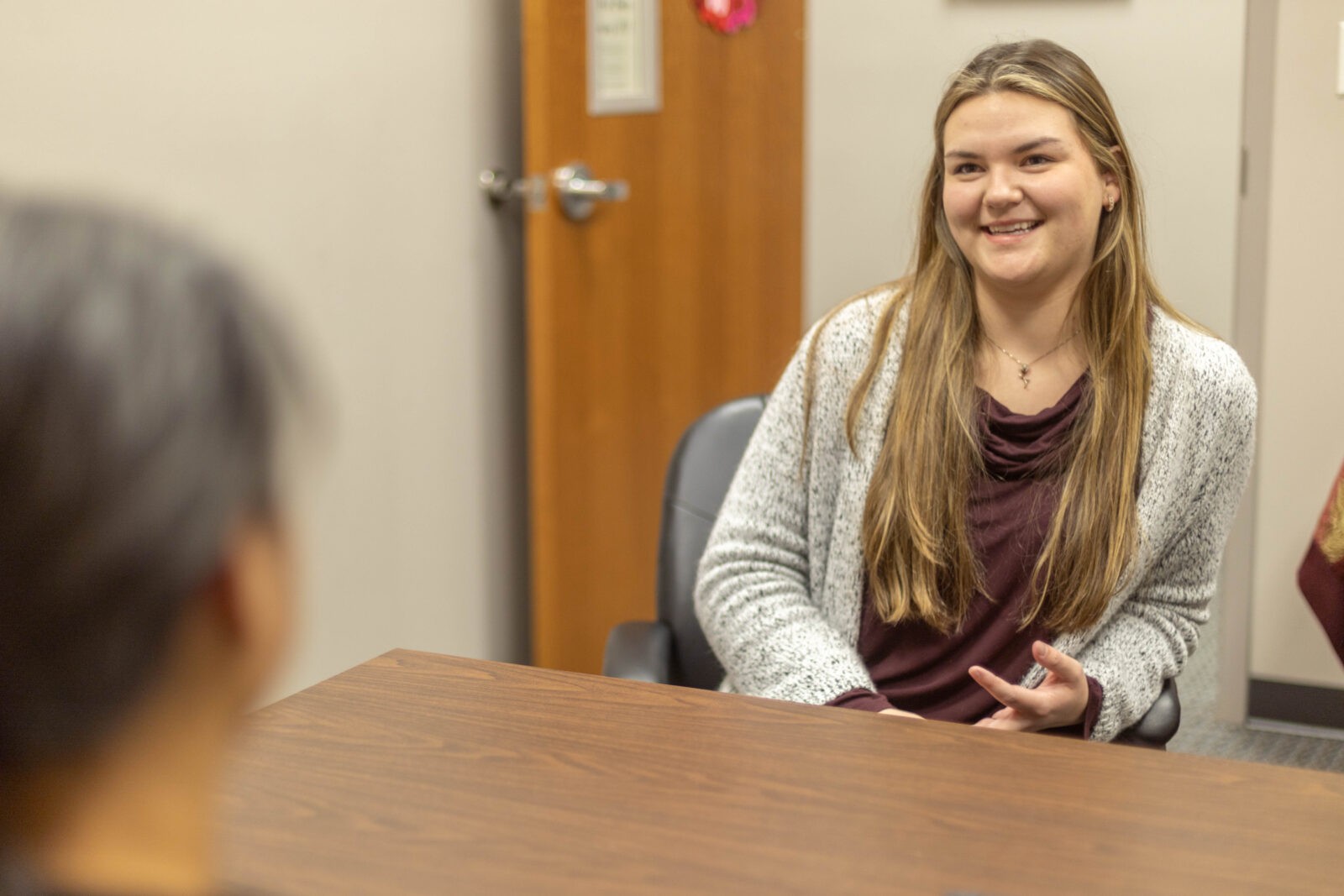In the months and years that followed my high school graduation, I spent a great amount of time avoiding the inevitable questions regarding my life plans, my goals and my college major. No course felt “right” enough to commit to, and like many students, I had so many interests that I did not know how to direct them. The only confidence I had was in my desire to understand the world and its people through their stories. So, with the help of my patient and personable professors at the University of Mobile, I finally chose to pursue a dual major of Psychology and World Languages and Studies (French track) to work toward my future.
Pursuing a dual major may not be the best option for everyone, or for every academic program, but I felt it was the right choice for me. I can see this particularly in the way that the two subjects intersect, providing a more holistic approach to social science and a deeper understanding of cultural identity and its significance. It has also helped me evaluate many of my unconscious biases and explore the history and culture of Mobile and its people, as well as various other peoples around the globe. I feel confident that the unique way these disciplines influence each other will help me practice greater care with a variety of people groups in the workforce after graduation.
Dual majoring has not only helped me grow academically and professionally, but also personally. As a young adult and a student of two humanities programs, I am an advocate for personal reflection. These programs have offered me immense opportunities to understand my situation within the world and my capacity for pushing myself outside of my “norm.” In class, I have been able to dissect the way I understand relationships, passions, behaviors, and even religion – among much more. This reflection, however, is not exclusive to the classroom setting.
Some of my greatest times of growth have occurred off-campus, traveling with University of Mobile groups to France and along the Gulf Coast. In each experience, I discovered something new, not only of the world, but also of myself. In fact, it was through these experiences that I discovered that there is great opportunity to learn from the reality of the world “in context,” not only from an “academic” source. This is considered experiential learning, which highlights the importance of learning by actively engaging with the world. This has not only changed the way that I view learning, but also the way that I approach life – finding lessons in the little moments that make up every day. Of course, such lessons always feel a little more magical when dining in a historic Parisian restaurant or climbing the Eiffel Tower, but the magic and the lessons learned remain, nonetheless.
I entered the University of Mobile touching the granite globe spinning before Weaver Hall. It is only fitting that, as I approach graduation, I allow God to direct my passions and education to touch the world around me. I am thankful to the University of Mobile for helping me find ways to develop my interests and grow academically, professionally and personally. I enthusiastically anticipate the world of opportunities that follows graduation and cannot wait to continue fulfilling a story of my own.
Lindsey Vise is a senior at the University of Mobile majoring in Psychology and World Languages and Studies (with a French emphasis). She is a native Mobile resident and is currently using her education and interests to complete an internship with a local non-profit organization. When she has free time, she enjoys painting, biking and spending time with her family and friends.


